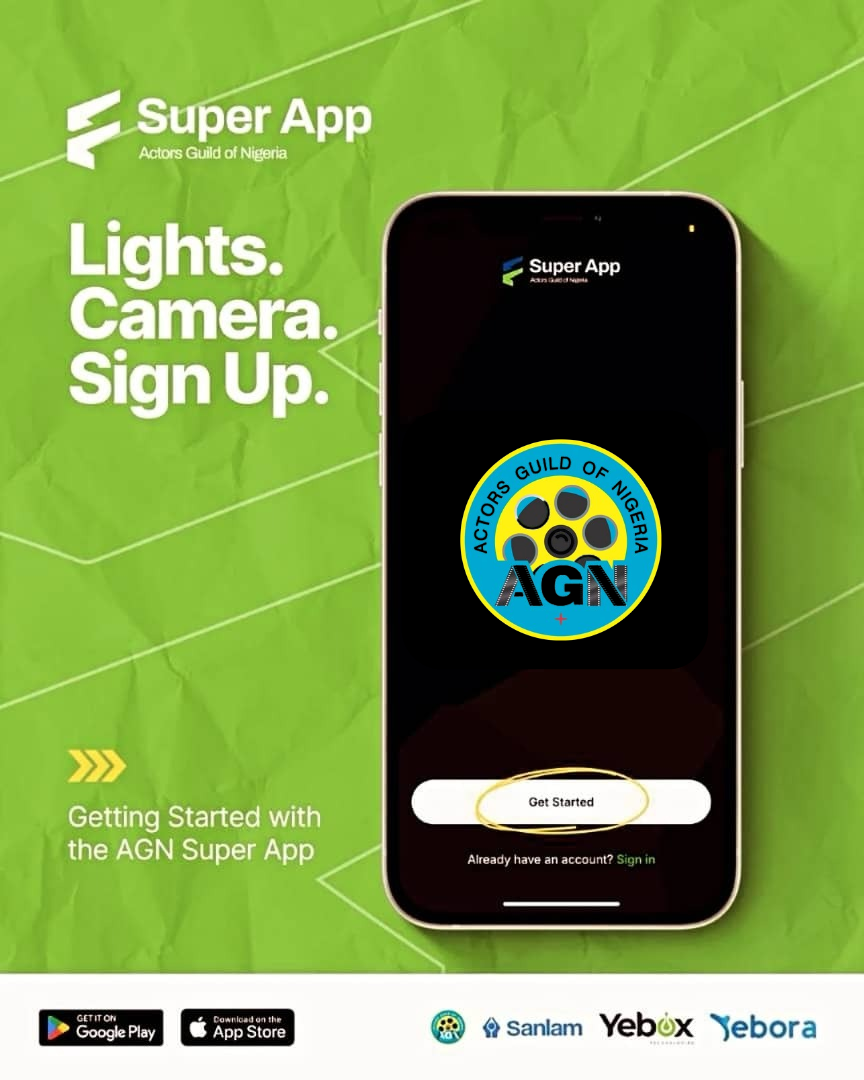Top Authors
Popular Posts
BREAKING: US Military Unleashes Coordinated Airstrike on Terrorist Camps in Nigeria
Kidnapping Industry Booms as Ransom Payments Hit N2.57bn in One Year
Season’s Greetings From TechTV
Top 10 Nollywood Movie Producers Dominating YouTube in Nigeria
Nigeria’s prolific film industry, Nollywood, has long struggled...
6 Key Takeaways From AGN Super App Launch & Nollywood Centre Unveiling in Abuja
The Actors Guild of Nigeria (AGN) made a historic leap into the...
A New Era for African Cinema Begins As Desmond Elliot & Queen Blessing Ebigieson Shine at Regal Film Festival Unveiling in Accra
The vibrant city of Accra came alive with glitz and cultural...
MultiChoice Nigeria Loses 1.4 Million Subscribers Amidst Repeated DStv Price Hikes
June 13, 2025
MultiChoice Nigeria, the leading Pay-TV operator in the country,...
CANAL+ and Netflix Expand Strategic Partnership to 24 Francophone African Countries
June 7, 2025
French media giant CANAL+ and global streaming leader Netflix...
DJs Playing Music Without License Risk 5-Year Jail Term – NCC Warns
June 7, 2025
The Nigerian Copyright Commission (NCC) has issued a stern...
Actors Guild of Nigeria Unveils Mobile App to Digitally Empower Members
The Actors Guild of Nigeria (AGN) is set to achieve a major...
Netflix Hikes Prices Again in Nigeria Amid Soaring Inflation And Weakening Naira
June 5, 2025
Netflix has once again increased its subscription prices in...
Hollywood Movie Sinners Dominates Nigerian Box Office, Rakes in ₦736M in 6 Weeks
June 4, 2025
In a stunning box office run, Sinners—a supernatural horror epic...
7 Things Nigeria’s Entertainment Industry Must Know About AI
The Nigerian entertainment industry—valued at over $7 billion...
Most Viewed
Meet the 7 ICT Stocks That Added ₦6.8tn to NGX Market Value in 2025
December 16, 2025
.ng And AI: Nigeria’s Digital Identity in a Thinking World
December 16, 2025





















